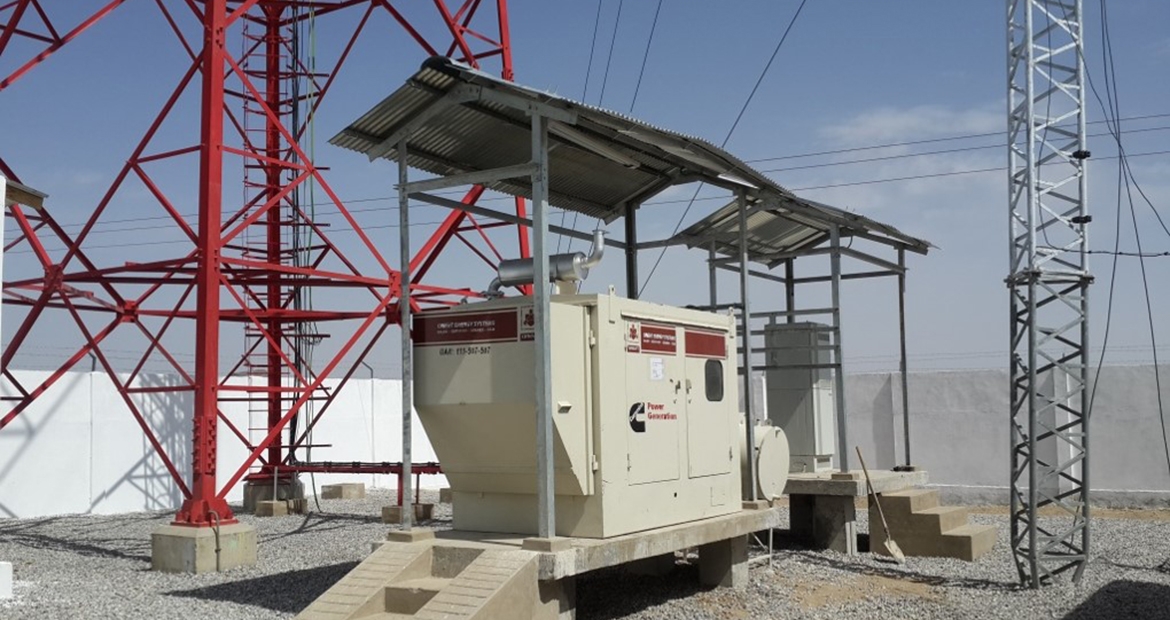Featured
Telcos incur billions running 44,000 generators to power base stations
Published
5 years agoon

Telcos incur billions running 44,000 generators to power base stations
Read Also:
As the electric power provision is inadequate and insufficient to satisfy the requirements of the telecommunications sector in Nigeria, telecoms operators in the country have continued to spend huge sums on self-generated power.
According to a new study by the Nigerian Communications Commission (NCC), the four leading operators MTN, Airtel, GLO, and 9Mobile jointly power over 22,000 base transceiver stations with about 44,000 generators and spend billions of naira in the process.
According to the study on challenges of technology penetration in an infrastructure deficit economy with focus on Nigeria, operators have resorted to powering their Base Transmission Stations (BTS) with generators that have an automatic trigger whenever there is any form of power outage from the mains supply.
As a result, diesel storage tanks are built at the sites and supply the generators periodically, the study showed.
The study found that self-generation electricity constitutes the highest cost of production, and this causes the GSM operators to charge high tariffs to make up for the cost, hence making the people to bear the brunt.
Aside the cost of providing the heavy duty power generators and that of running them, the study again showed that the operators also have to provide security for their equipment.
Nonetheless, the effort “has not stopped hooligans from stealing the generators or the diesel as these operators lose about two generators and over one million liters of diesel daily.”
The study recommends that public electricity power supply situation must improve urgently for Nigeria to enjoy the full benefits accruable from both wired and wired telecommunications deployment, noting that power backup systems for most ICT devices run between two to eight hours of battery life.
“A situation where power outages could stretch to 12 to 48 hours and in some cases more, impacts upon the usage and sustainable deployment of ICT infrastructure, and uptake,” the report reads.
Lamenting the negative effect of poor public power supply, Wole Abu, the managing director of Liquid Telecoms Nigeria, once told Business Metrics that power is both a challenge and an opportunity.

Wole Abu
According to him, “It is a challenge in the sense that we are currently relying on a grid that is epileptic and non-available in certain areas; and on diesel generators which make us susceptible to volatility of diesel supply and off course, all the issues around constant maintenance of generators, noise pollution, environmental pollution and everything that is associated with running the generator for 24hours. It is a challenge.
“In terms of capital expenditure (CAPEX), we are talking about putting in probably 50 per cent of your CAPEX into power equipment, which you would otherwise have saved.
“On the other hand, even in operating expenditure (OPEX), you will also see that you are spending a lot of money, say another 50 per cent on your OPEX. The cost is a significant part of our operations, both CAPEX and OPEX, which is the challenging part.
“However, the opportunity is that with the rise in and reliability on renewable energy, you can provide that power service at a lower rate than using diesel generators.
The opportunity there is to save cost and reduce replacement, but it is still a CAPEX that ordinarily, we would not have incurred if the country’s power system is in good state.”
Share this:
- Click to share on X (Opens in new window) X
- Click to share on Facebook (Opens in new window) Facebook
- Click to share on WhatsApp (Opens in new window) WhatsApp
- Click to share on Pocket (Opens in new window) Pocket
- Click to share on Telegram (Opens in new window) Telegram
- Click to email a link to a friend (Opens in new window) Email
- Click to share on LinkedIn (Opens in new window) LinkedIn








